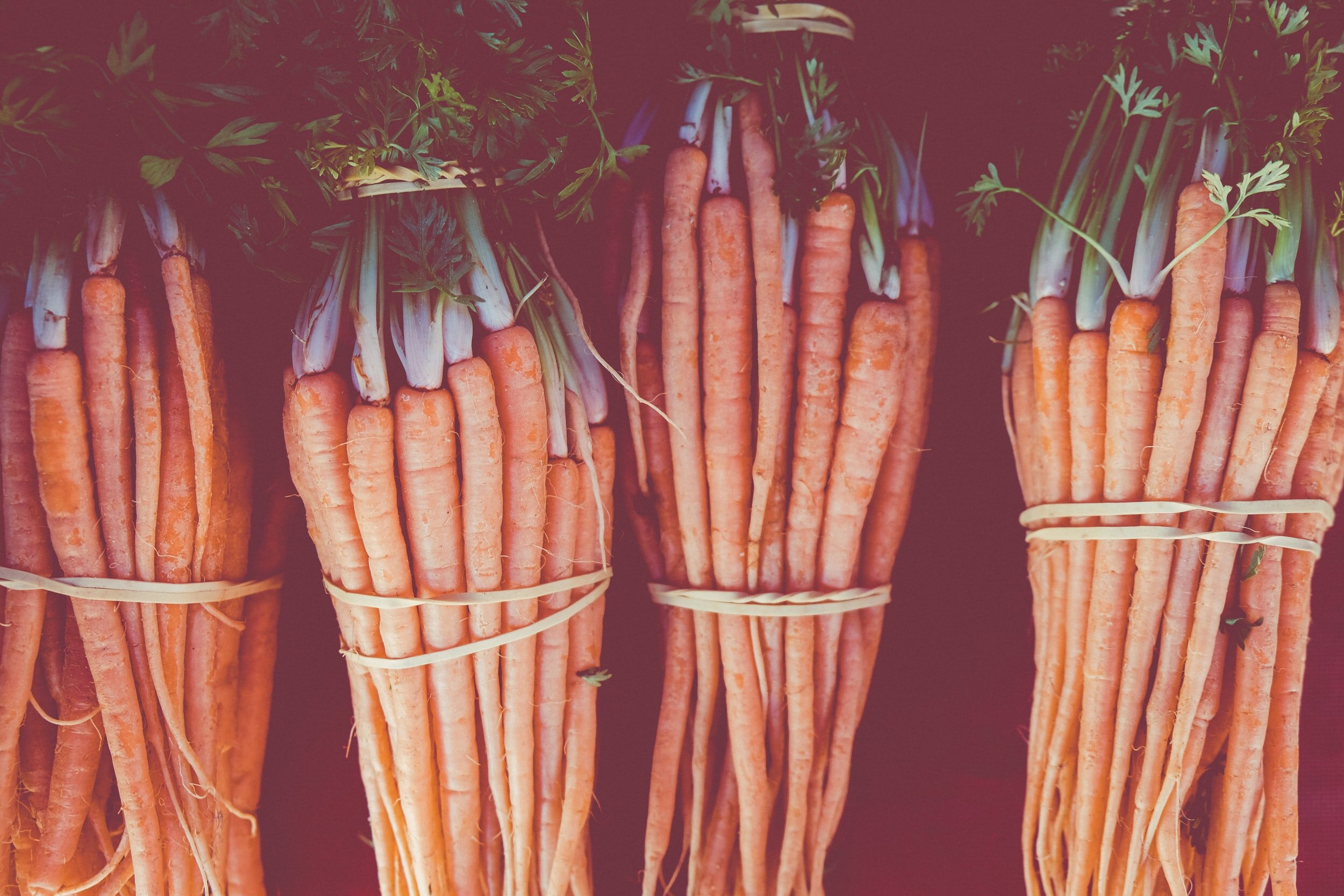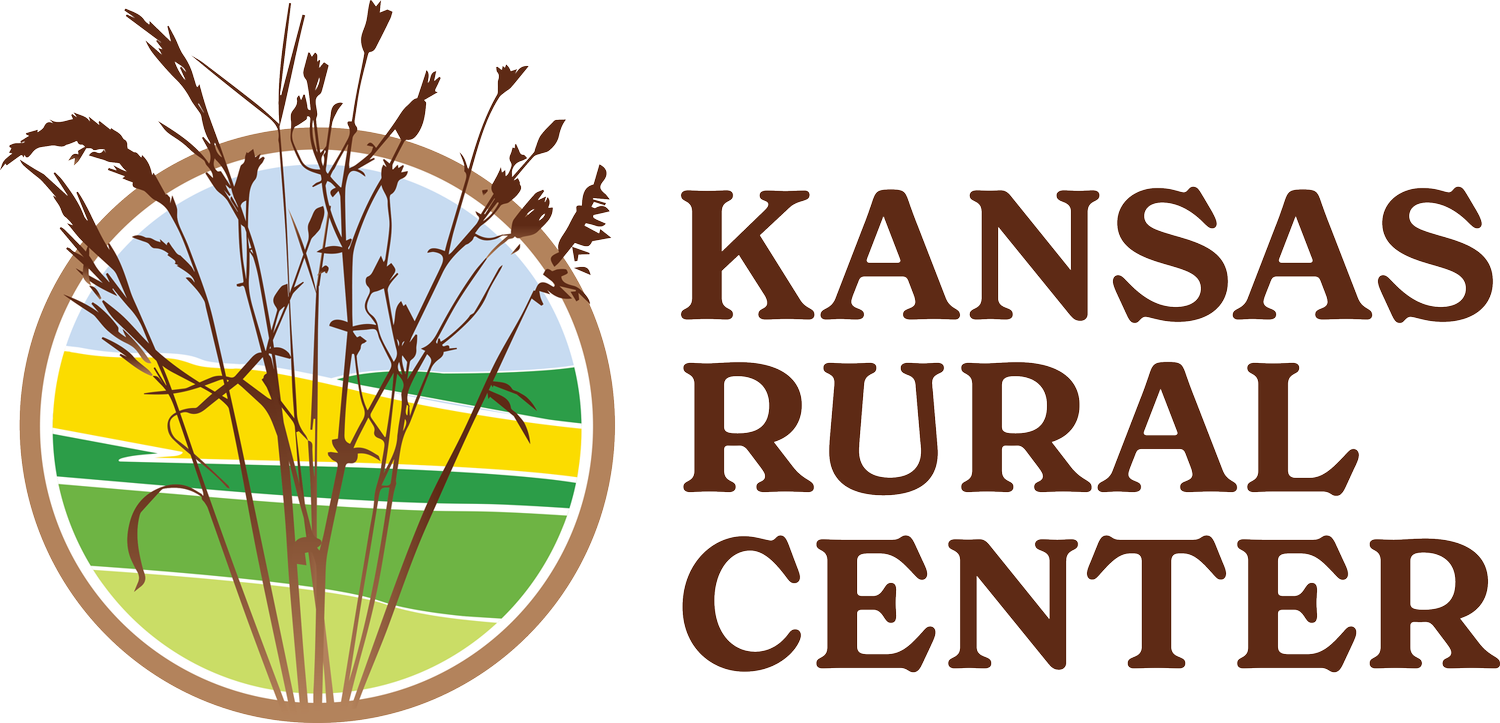
Farm to School
In 2020 KRC was awarded a USDA Farm to School grant to provide increased training and education opportunities for farmers and producers interested in participating in Farm to School. Through efforts to increase local procurement and agricultural education efforts, we will be working to implement and expand a statewide comprehensive program that focuses on improving access to local foods in schools.
Farmers & Producers
By providing trainings and educational opportunities, KRC increases farmers understanding of school market opportunities and knowledge of how to work with school food programs and produce food safely for schools.
Youth
Farm visits, field trips, and hands-on learning activities will help strengthen youth understanding of where and how local food in their school meal programs is grown.
Communities
Through our Town Halls, conferences and regional conversations, we foster community involvement and understanding of specific needs and opportunities of their local farm to school programs.
Farm to School Video Series:
Kansas Rural Center has been working across the state to collect videos to guide farmers and schools to work together.
Learn about food safety, creating connections, curriculum, budgeting, and the supply and demand of a school through these 8 videos.
Tom Buller, Executive Director of Kansas Rural Center, discusses Kansas Rural Center’s resources and support of Farm to School in Kansas and common miconceptions.
Londa Nwadike shares information on food safety regulations to help farmers and schools prepare to work with each other.
Brad Fourby talks about his vertical gardens and how they sell to schools and encourage gardens.
Aubry Ross, of Pittsburg High School, incorporates a vertical garden her curriculum and uses the produce as a revenue stream for students.
Chris and Shawna Tecklenburg talk about the genesis of their farm, food safety precautions, and partnerships with schools.
Megan Barnard teaches us the process that USD 266 has used to prospect and buy food from farmers.
Leah Dannar-Garcia works to deliver fresh food to local schools while creating enthusiasm with youth around their food.
Barb Depew discusses strategies and resources for farmers and schools can create connections and work together on their menu.
Helpful links from Farm to School Videos:
FSMA Final Rule on Produce Safety
Standards for the Growing, Harvesting, Packing, and Holding of Produce for Human Consumption
Natural Resources Conservation Service
Good Agricultural Practices (GAP) Audits
KSU: Direct Marketing for Farms
KDA: Food Safety Educational Materials
More Resources:
Barriers and Opportunities to Participating in Farm to School Programs Across Kansas
The University of Kansas Environmental Studies capstone students spent their Spring 2021 semester studying Farm to School in Kansas. They looked at the barriers and opportunities for farmers involved in school markets. The Kansas Rural Center will use this valuable information as we continue to develop a Farm to School curriculum for producers across the state. Stay tuned for more information about workshops and trainings. Until then, you can read about what the KU students found here!
Load Food Connections: John Ikerd
In May 2021, KRC hosted the Local Food Connections Conference where producers, school personnel, food hubs, rural grocery stores and other community stakeholders in our local food system came together to share their stories. John Ikerd was one of the keynote speakers. He shared about his work in local food systems, how his ideas have evolved over time, and his hope for the future of local resilient food systems. To learn more about Ikerd and his work, read his article, Local Foods for Rural Food Security, in the Spring/Summer 2021 Rural Papers.
USDA Farm to School Census
Thank you to the 276 School Food Authorities (SFA’s) that reported with 59.8% indicating Farm to School participation. Results are shown by State and Sponsor level showing food served, frequency, spending, nutrition education and more. You can explore your school’s results and others too. Use this data to report to your administration and set Farm to School goals for the 2022-23 school year.
Farm to School Videos
Kansas Rural Center has been working across the state to collect videos to guide farmers and schools to work together.
Learn about food safety, creating connections, curriculum, budgeting, and the supply and demand of a school through these 8 videos.








